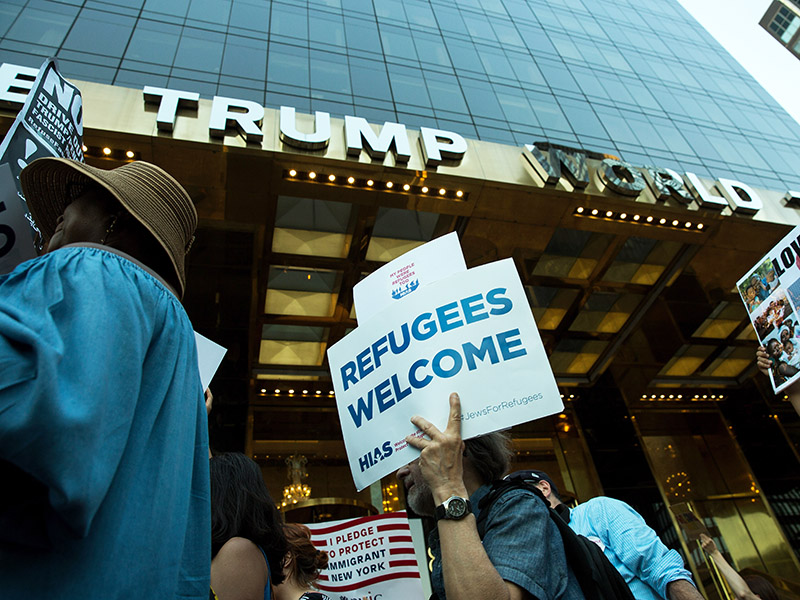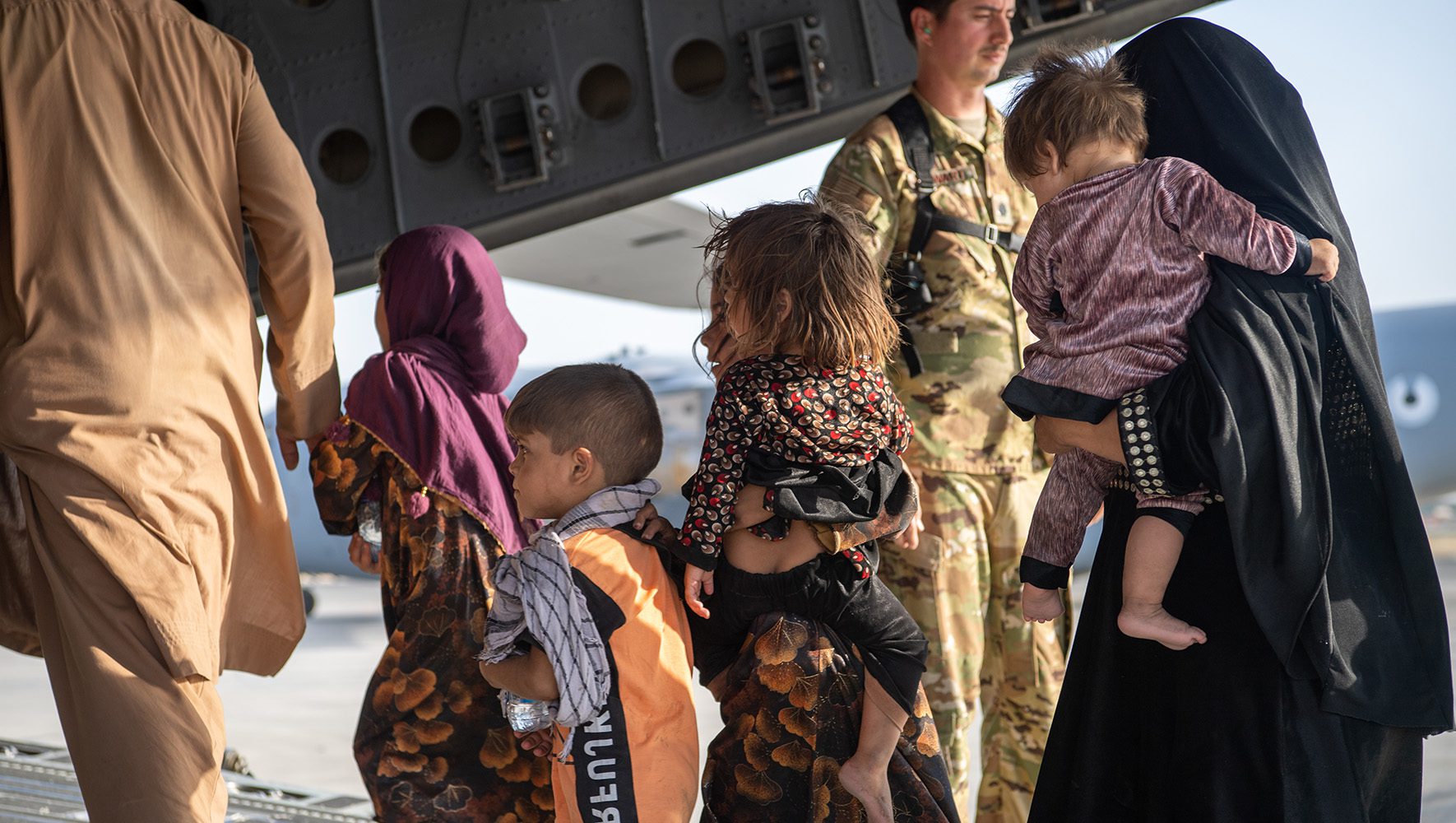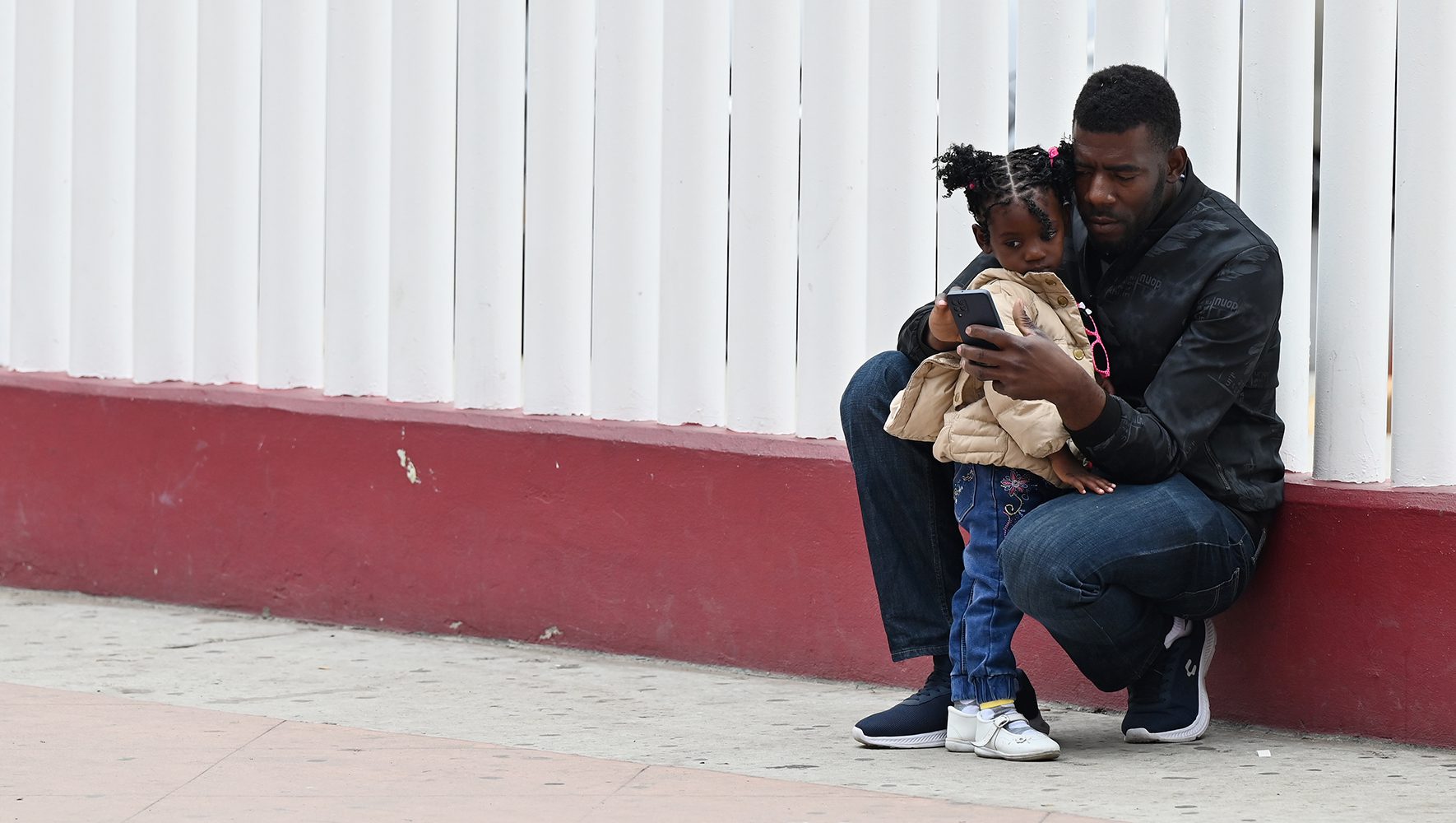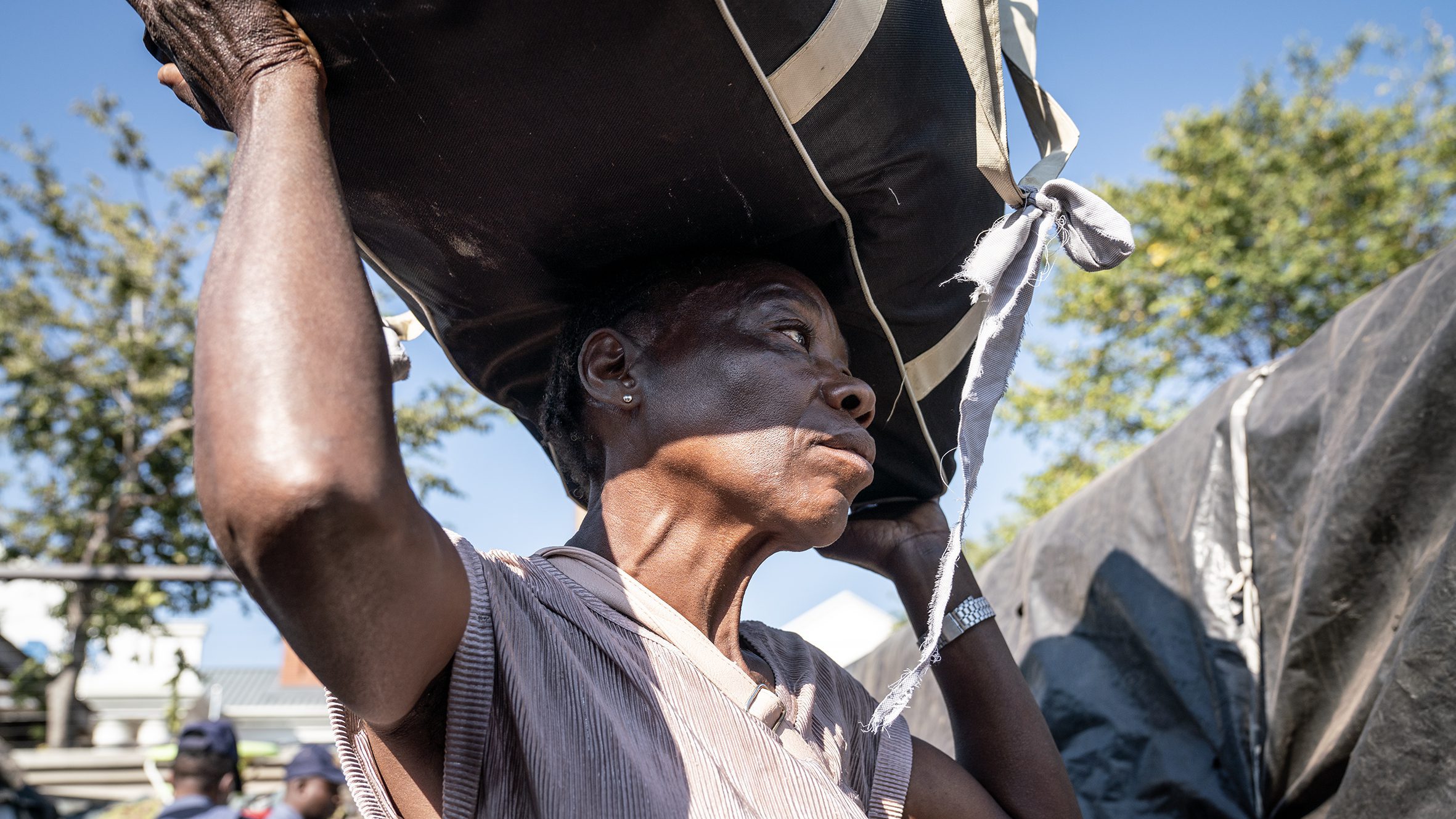HIAS & JFS Partners File Suit to Stop Trump Administration’s Refugee Restrictions
By Gabe Cahn, HIAS.org
Nov 13, 2017

Since the first executive order banning refugees and travelers from Muslim countries was issued on January 27, HIAS and our partners in the American Jewish community have strongly opposed every attempt by President Trump and his administration to close America’s doors to refugees.
We will fight Trump's #refugee ban with every tool at our disposal, because we know all too well the consequences of shutting out refugees.
— HIAS (@HIASrefugees) January 27, 2017
"An America that does not welcome refugees is not America." -@MarkJHetfield
— HIAS (@HIASrefugees) January 27, 2017
On October 24, when the administration announced a new 90 day ban on refugee admissions for nationals from the 11 countries which accounted for approximately half of all admissions in Fiscal Year 2017, it quickly became clear that this was yet another attempt to implement a refugee ban.
And, just like we stood against previous iterations of these same policies in the streets, in the legislature and in our communities, HIAS is once again headed back to court to stand up for the rights of refugees.
Together with our longstanding resettlement partners Jewish Family Service of Seattle and Jewish Family Services of Silicon Valley, HIAS joined a new lawsuit initiated today in U.S. District Court in Washington state. The complaint seeks a nationwide block against the 90 day refugee ban as well as the indefinite pause on the “follow-to-join” program, which reunites spouses and children with refugees already in the United States.
“Remembering our past, we know this is the time we must unequivocally stand with vulnerable refugees,” said Rabbi Will Berkovitz, CEO of JFS Seattle, which is a named organizational plaintiff in the suit.
HIAS and our local JFS partners are united by the same Jewish values that drive our work every day. This round of litigation is motivated by the shared mission to offer protection and welcome to the newest Americans.
Mindy Berkowitz, executive director of JFS Silicon Valley, the other organizational plaintiff, added, “with family members stuck in limbo and awaiting the chance at safety in the United States, our clients here are begging us, ‘Please save my sister and her little boy. Please save my cousin.’”
As a co-counsel on the legal challenge filed in U.S. District Court in Washington state, HIAS is working alongside the International Refugee Assistance Project (IRAP) at the Urban Justice Center, the National Immigration Law Center (NILC), and corporate attorneys from firms such as Perkins Coie to represent both our Jewish partners and several individuals, including U.S. citizens and those with family members, who are impacted by the new refugee restrictions.
One individual plaintiff, Allen R. Vaught, is a veteran of the Iraq war who hired another plaintiff, John Doe 1, as a translator in 2003 and has been trying to help his trusted colleague resettle to the United States since 2014.
“As a soldier who served in Iraq, I believe the latest refugee executive order is a solution in search of a problem, made only to stoke irrational fear,” Vaught said in a statement.
He added that the executive order “has de-railed efforts to get my last surviving Iraqi translator, who served bravely alongside U.S. military forces for many years, to the United States despite his extremely thorough vetting.”
Mr. Afkab Mohamed Hussein is a Somali refugee residing in the United States. He has an approved follow-to-join petition for his wife and young son he has yet to meet, but the administration’s new restrictions are preventing the family from reuniting.
A client of Community Refugee & Immigration Services (CRIS) in Columbus, Ohio, Mr. Hussein is also an individual plaintiff.
For HIAS, IRAP and NILC, the procedures outlined in the October 24 Executive Order are simply another attempt by the Trump administration to further curtail refugee resettlement.
"The global refugee crisis has reached record high proportions,” said HIAS President and CEO Mark Hetfield, “yet the Trump administration has set a record low ceiling for refugees that may be resettled to the United States.”
Although federal courts have repeatedly blocked the administration from fully implementing the first and second executive orders, the Trump administration continues to create and implement policies that would bar the entry of refugees, asylum seekers and immigrants, particularly from Muslim-majority countries.
Becca Heller, director of IRAP, argued that “rather than make America safer,” the new policy “abdicates America's status as a global humanitarian leader and damages our credibility with our allies in the region."
And Melissa Keaney, staff attorney at NILC, expressed that the latest lawsuit is intended to “make sure that our country does not turn its back on those who have already given so much to come here.”
As the administration has yet to provide any evidence that refugee resettlement poses a threat to the United States or is detrimental to U.S. interests at home or abroad, the lawsuit will also make the case that the order directly targets Muslims.
Approximately 80% of all Muslim refugees who resettled in the United States in the past two fiscal years have been from nine of the 11 countries blocked in the most recent Executive Order.





